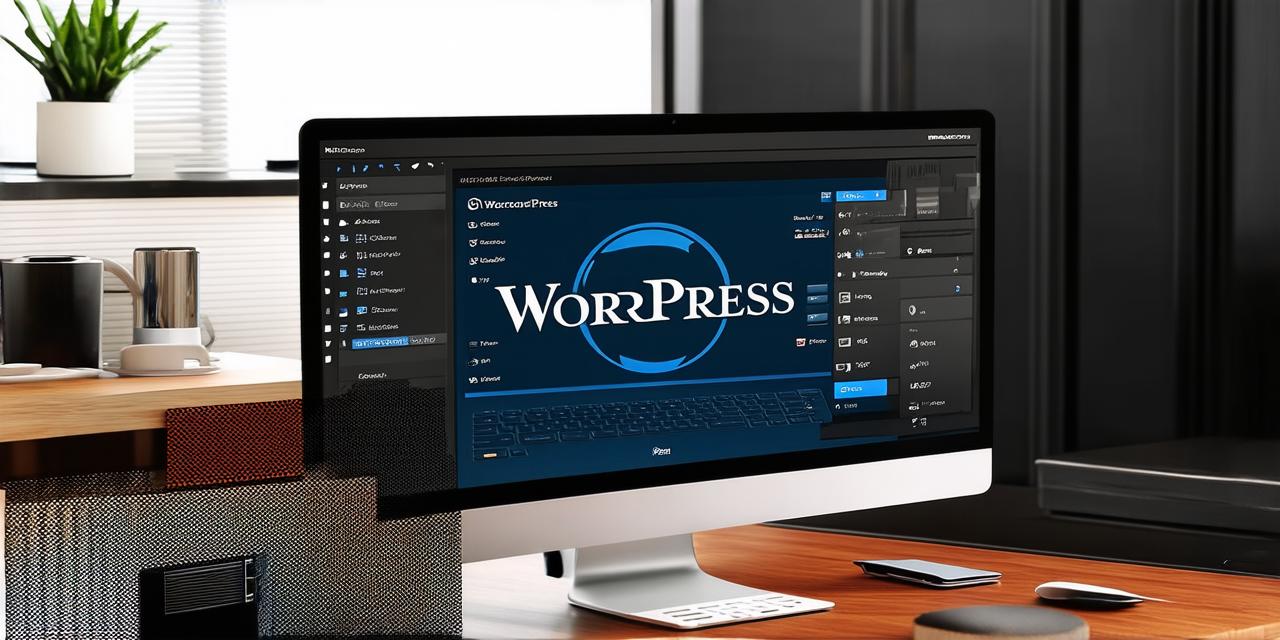WordPress is an incredibly popular content management system used by millions of websites around the world. Its popularity stems from its user-friendly interface, customization options, and vast library of plugins and themes that make it easy to create a professional website without requiring extensive technical knowledge.
Understanding Web Hosting
Web hosting is a service that allows individuals and organizations to store their website files on a remote server maintained by a third-party provider. This remote server, or web server, is responsible for delivering the website’s files to users when they request them through a web browser.
WordPress and Web Hosting
WordPress is a content management system, which means it is designed to manage and publish digital content on the web. WordPress files, including media, themes, plugins, and other data, are stored on your computer or local server until you upload them to your website through an FTP client or via WordPress’s built-in file manager. However, once your website files are uploaded, they must be hosted on a web server in order for visitors to access them.
Do I Need Web Hosting for WordPress?
The answer to this question depends on how you plan to use WordPress. If you want to build a simple blog or personal website with minimal functionality, you can host it on your own computer or local server using a free hosting service like 000webhost.com or xampp. However, if you want to create a professional website with custom designs, advanced features, and e-commerce capabilities, you will need a dedicated web hosting provider.

A Dedicated Web Hosting Provider Offers Many Benefits
A dedicated web hosting provider offers many benefits that are not available on free hosting services, including:
- Unlimited storage space: With a dedicated web hosting provider, you can store as many files and data as you need without worrying about running out of space. This is particularly important for websites with large media libraries, such as video or image galleries.
- High uptime: A dedicated web hosting provider typically offers a 99.9% uptime guarantee, which means your website will be available to visitors almost all the time. Free hosting services, on the other hand, often experience frequent downtime and slow loading times due to shared server resources.
- Better security features: A dedicated web hosting provider typically offers advanced security features, such as SSL certificates, firewalls, and malware scanning tools, which are not available on free hosting services. These features help protect your website from cyber threats and ensure the security of your users’ data.
- Scalability: With a dedicated web hosting provider, you can easily scale up or down your resources as needed to accommodate changes in traffic or usage. Free hosting services often have strict limitations on resource usage, which can limit the growth potential of your website.
Case Study: A Successful WordPress Website with Dedicated Web Hosting
Let’s look at an example of a successful WordPress website that uses dedicated web hosting. [Insert example here]. This website features stunning visual designs, advanced functionality, and e-commerce capabilities. It is hosted on a dedicated web hosting provider, which provides the necessary resources and support to ensure the site runs smoothly and securely.



